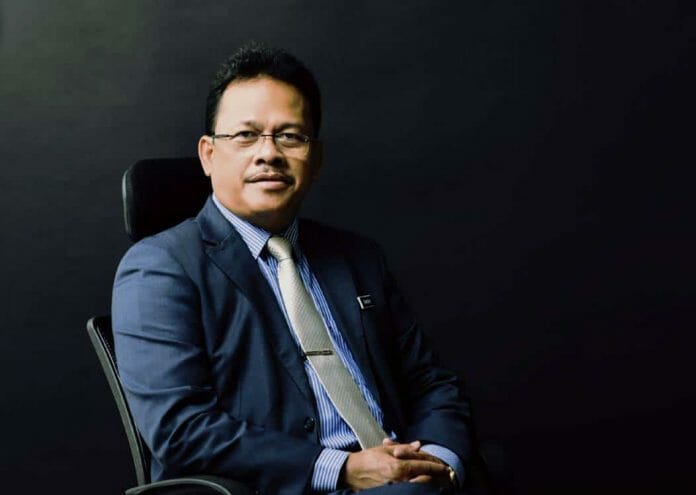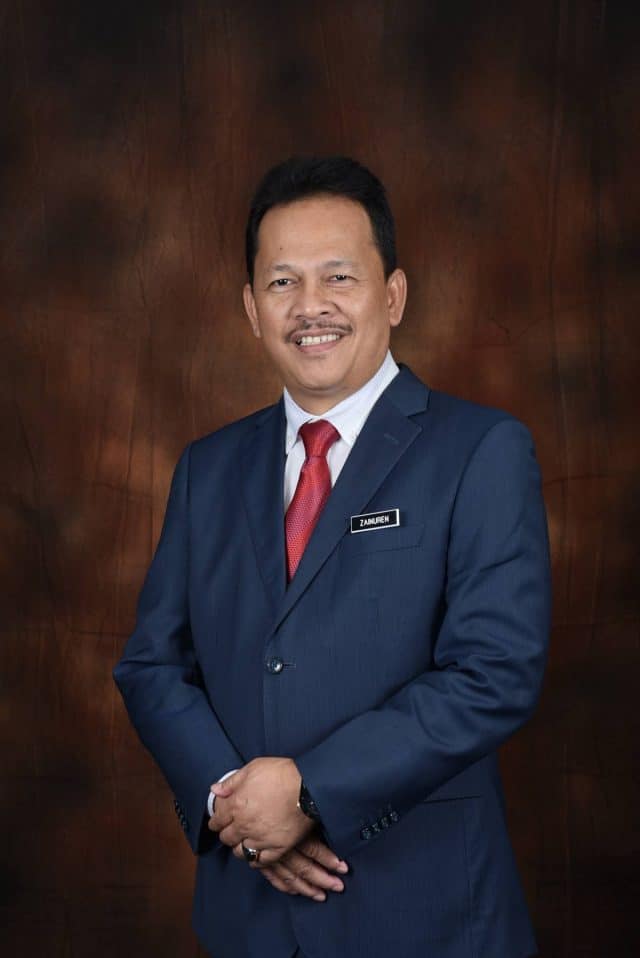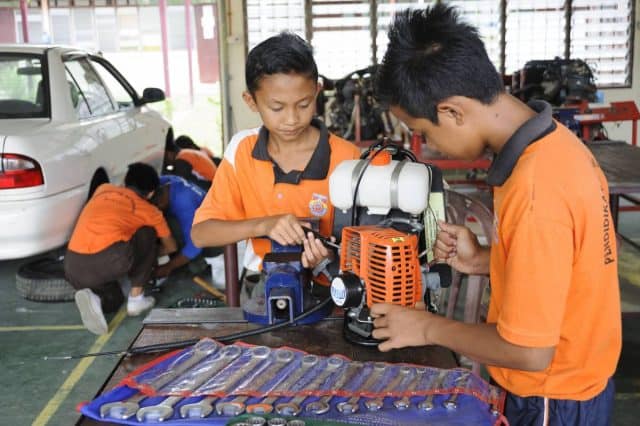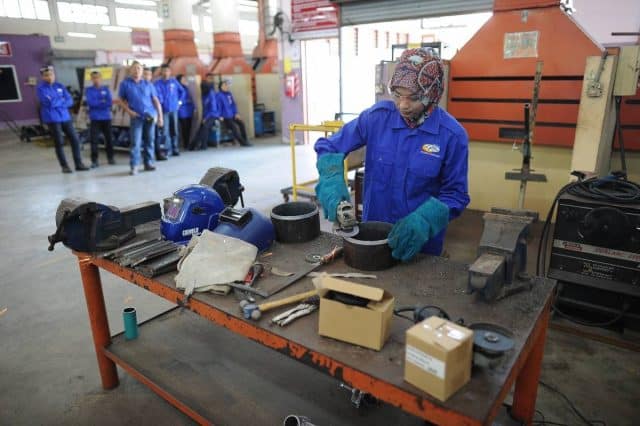According to Zainuren Mohd Nor, Director for the Ministry of Education Technical and Vocational Education Division, parents no longer need to worry about preparing their children with the necessary competences, education and attitude that the future workforce should have. This is due to the fact that the changing job landscape has resulted to a scenario where knowledge and competence is more valued.
He also mentioned that now is not the era of paper qualifications, but more on professional certifications that acknowledge a person’s knowledge and competence in the field that they choose and the ability to accommodate changes.
“Vocational education and training is a significant key driver for economic growth, as it produces skilled human capital that is needed to contribute to the country’s economic growth,” he added.
Zainuren also noted that the main misconception about vocational education and training is that it is considered second class compared to mainstream education. As a result, the jobs available for them are of blue collared jobs in industries with low wages.
With this in mind, the Ministry of Education (MOE) have upgraded vocational schools to vocational colleges (KVs), where 36 diploma programmes are offered at 80 KVs for students who have completed PT 3 national examinations.
Selected students will then undergo a four year and five-month study course to obtain diplomas, based on their chosen fields from MOE. This also includes the Malaysian Skills Certificate that will be based on their competency levels from the Department of Skills Development Malaysia.
Zainuren also said the curriculum known as the Vocational College Standard Curriculum (KSKV), was being developed with a Technical Advisory Committee consisting of experts from industries and universities. Apart from covering 70% hands-on learning and 30% theory through academic and vocational courses, the KSKV is also on the job training for five months.
Furthermore, engagements with industries and professional bodies can prepare the students with skills and experience to be relevant and sustainable in the job market and entrepreneurial field.
With KVs aimed to provide the future workforce needed for the Industrial Revolution 4.0, the programme’s educational outcome is expected to develop specific skills, broad competences, innovation and integrity among the graduates.













Very impressive!